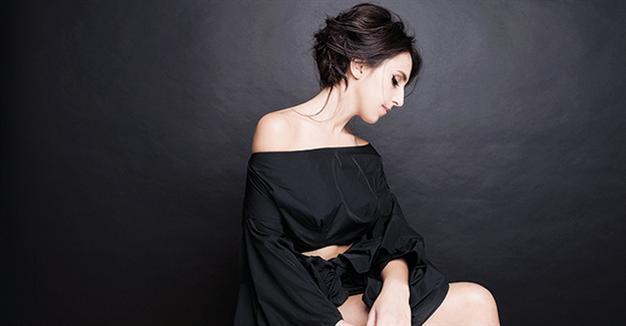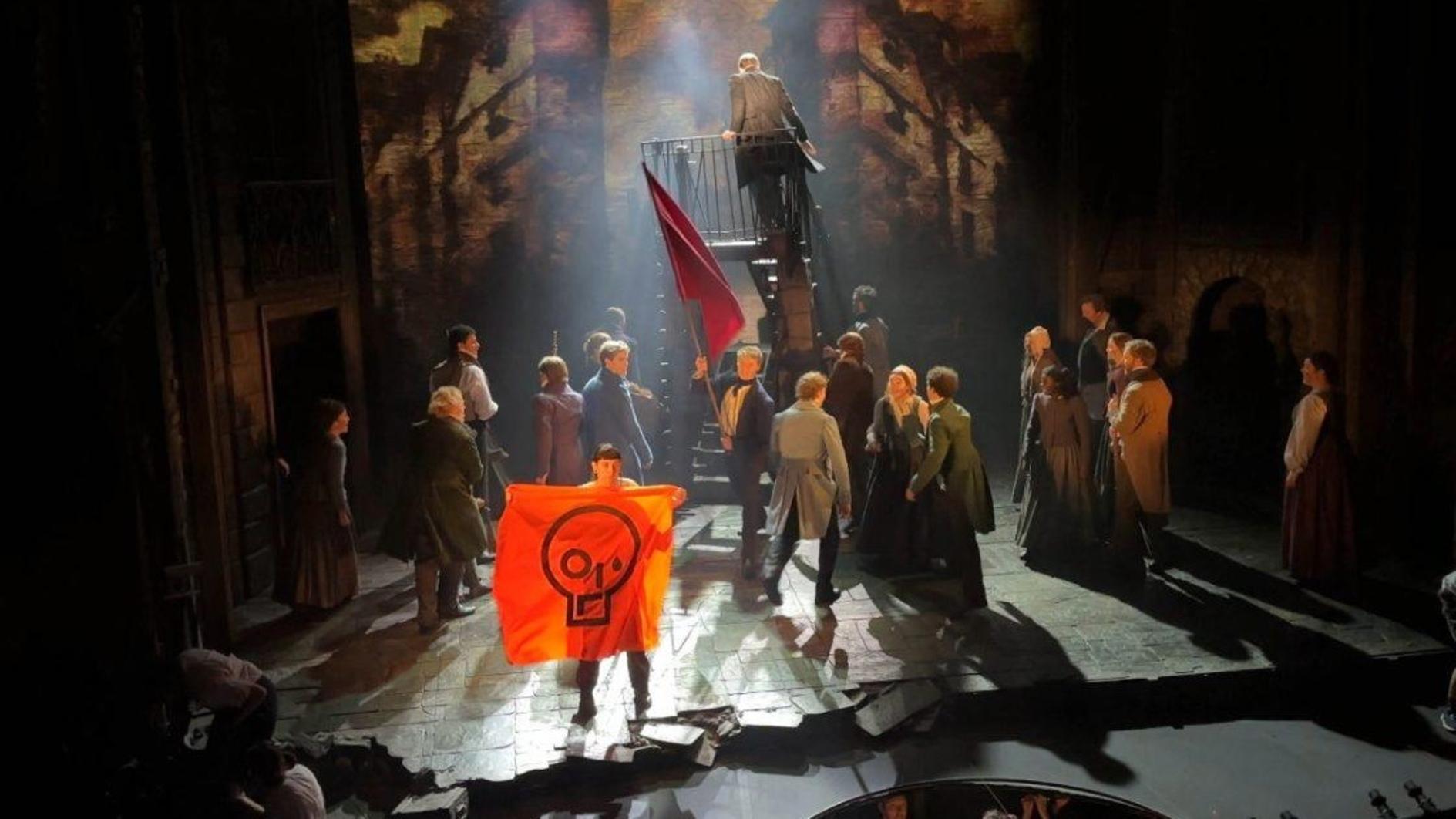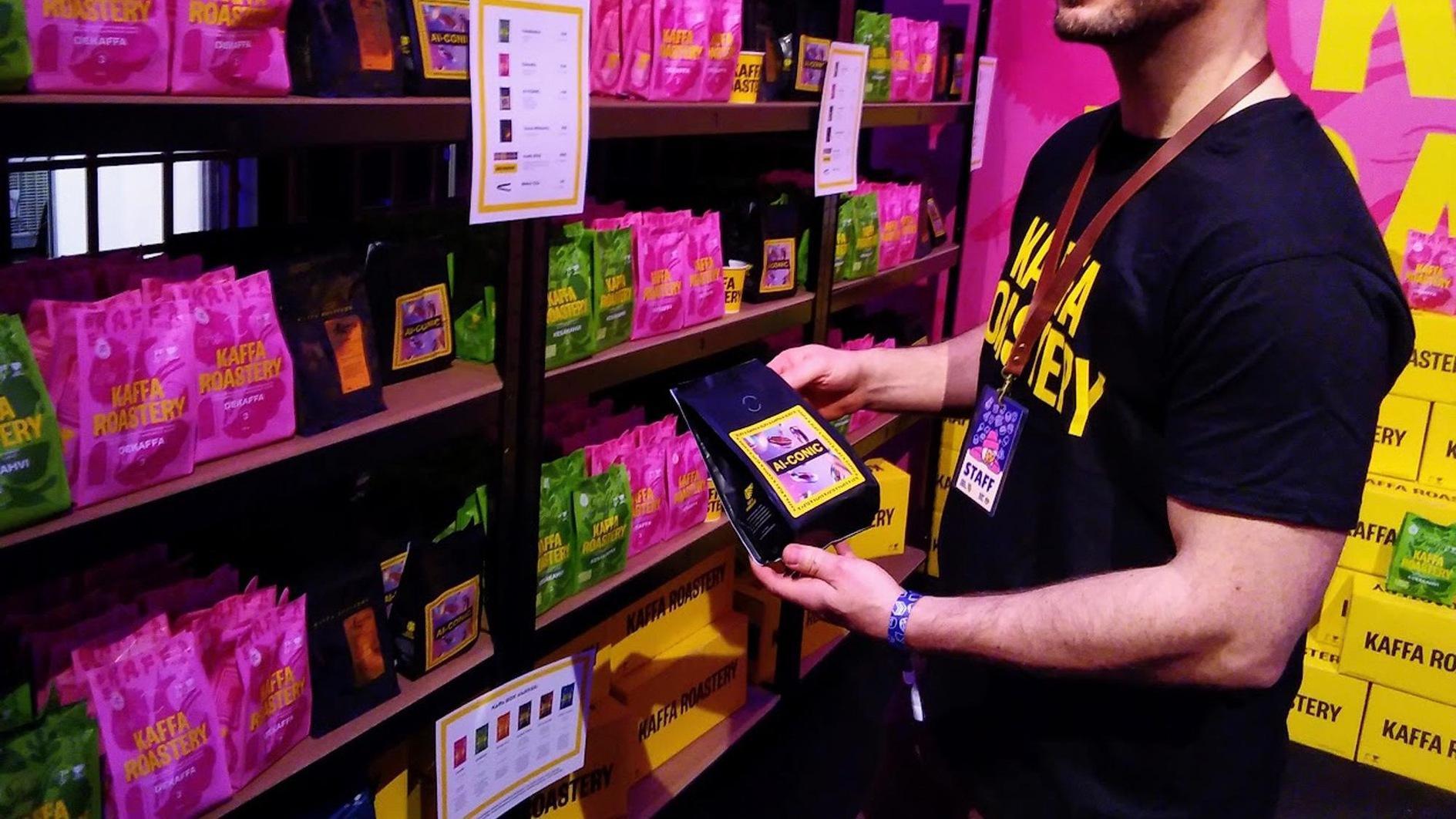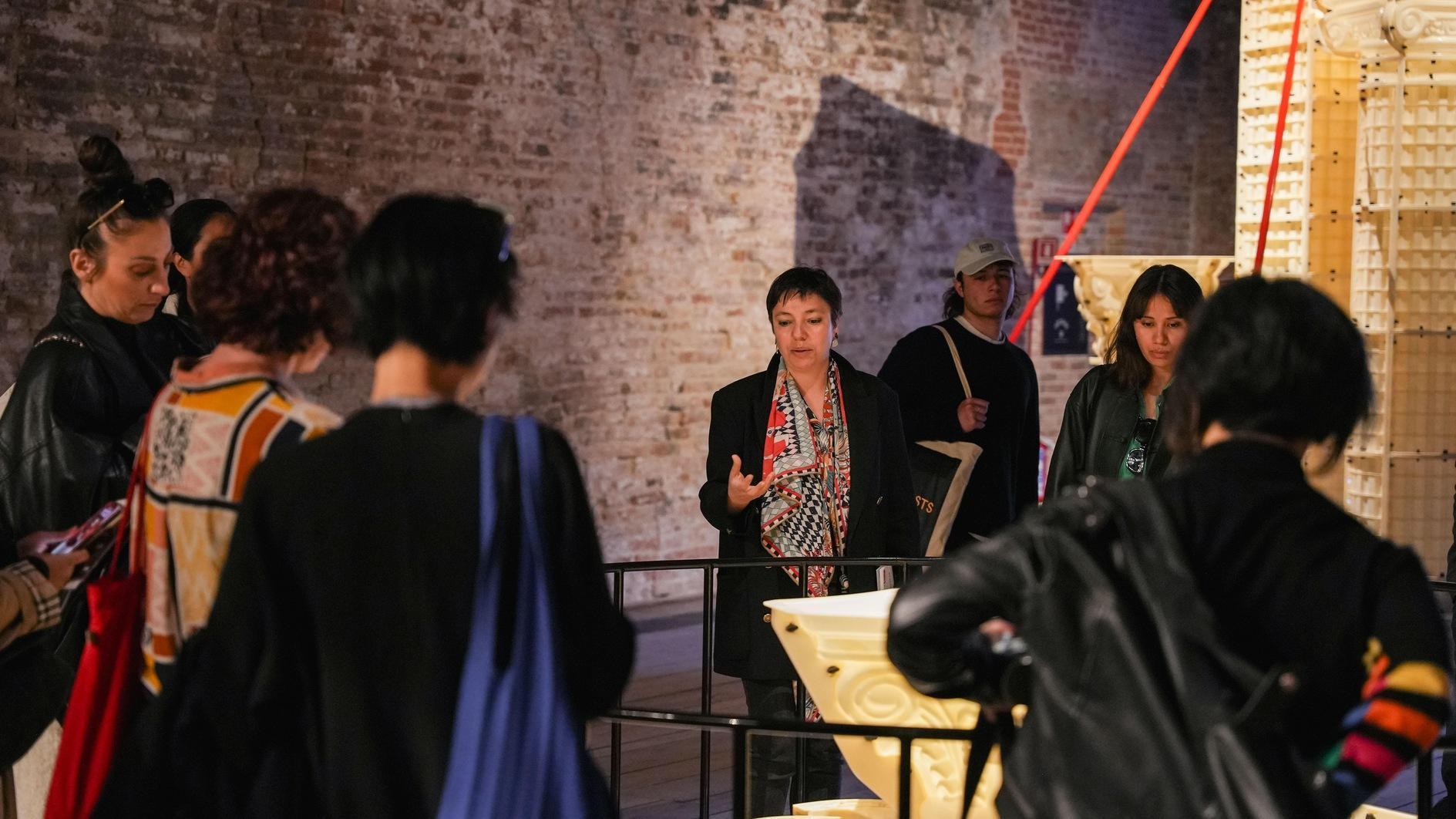Eurovision winner Jamala set for Istanbul gig
ISTANBUL
 Ukrainian singer and composer Jamala, who won the 2016 Eurovision Song Contest for her song “1944,” will give her first solo concert in Turkey on Aug. 17 at the Istanbul Harbiye Open Air Theater.
Ukrainian singer and composer Jamala, who won the 2016 Eurovision Song Contest for her song “1944,” will give her first solo concert in Turkey on Aug. 17 at the Istanbul Harbiye Open Air Theater. Born in 1983 in Osh in the former Soviet Union, Jamala made her first professional recording at the age of nine, singing 12 folk and children’s Crimean Tatar songs. She entered the Simferopol Music College and later graduated from the Tchaikovsky National Music Academy of Ukraine as an opera singer, but preferred a career in pop music.
In May, Jamala won Eurovision Song Contest with her song “1944” dedicated to the deportation of the Crimean Tatars.
Jamala’s song was considered by Russian media and lawmakers to be criticism of the Russian annexation of Crimea in 2014 and the “ongoing war between Russia and Ukraine” in Donbass.
After her win, she was awarded the title People’s Artist of Ukraine by Ukrainian President Petro Poroshenko.
In an email interview with the Hürriyet Daily News before her gig in Istanbul, the Ukrainian star talked about what the song “1944” meant to her and her love of Turkey, where her sisters live.
“1944” was the story of your family. What did they talk about?
This song is very important for me. Actually, it’s absolutely personal thing. I wrote it last year, but the origins of it are in my childhood. It’s inspired by the story that my great-grandmother told me when I was small. What most people don’t know is that five days before the deportation, the soldiers had come to Crimea, and were very welcomed by the local Crimean Tatar population, who gave them food and beds in their own houses, as they were happy to honor and host their fellow countrymen who had been fighting in the war.
My great-grandmother told my father: “Everybody was so happy to see soldiers from the frontline because it means our sons and husbands will come back soon. We entertained them as well as we could – food, music and so on. Nobody imagined what they were about to do to us, a few days later.” The forced deportees were given only 15 minutes to gather personal belongings. Afterwards, they were loaded onto cattle trains and moved out of Crimea.
Among these people was my great-grandmother (at that time, my great grandfather was fighting in World War II). She was a young lady with five children in her arms, one of them, the youngest, a girl just nine months old; the other four were boys. So they rode in trains without fresh air, water or food for three or four weeks. They didn’t know where they were being taken. It was a very long and inhumane journey. Most of them, especially the weak and sick people, died on the train.
My great-grandmother told my father: “People held their dead relatives tight, crying: don’t give them to the soldiers. But the soldiers threw the bodies of adults out through the doors of the moving train, and of the children – out of the window.” It was horrible. So it happened with my great-grandmother.
My baby great aunt died on the train; she was too young and weak, and then my great-grandmother asked the soldiers to let her bury her, but they refused and they threw the small body of the baby girl out the running train like it was rubbish. My great-grandmother had to live through it, because she had four other small sons. Thank God my grandfather survived that horrible train journey, so that I can be here today! When the train stopped, those poor people thought that their nightmare was finally over, but it wasn’t so. They were brought to Uzbekistan and they didn’t have any money, place to live or work, and even the local people shunned them.
Your parents are still in Crimea, they are part of the Crimean Tatar community that claims it is suffering from repression. Have they been treated any differently since you won Eurovision? Has anyone congratulated them?
We have a lot of relatives and friends in Crimea. They all came to greet my parents.
What was your family’s reaction to your song?
My dad was crying when he heard it for the first time. They all liked it.
Are you interested in doing something apart from singing?
I love music more than anything else in the world. I would also like to star in a good drama movie.
You have been in Turkey several times before. How do you feel about our country?
I adore Turkey! I like absolutely everything here: the atmosphere, people, architecture, the cuisine. My sister lives here with her husband and children, and I try to visit them as often as possible. Every time I come here, they show me new beautiful places. [It’s] a marvelous country.
Who are your favorite Turkish singers?
I like Turkish music. I can’t say that I’ve heard a lot, but most of what I’ve listened to is very good. I like Sezen Aksu, Candan Erçetin, Rafet El Roman, Volkan Konak. I am going to sing with Sertab Erener at my Istanbul concert.
Where do you get this inspiration and energy?
I get inspired by everything, though it may sound strange. I like life, people, socializing, traveling, books, cinema. I like water very much. It makes me relaxed and [helps me] recover. If I am somewhere near water, I always go swimming. My friends are joking that I can swim in any puddle.
You had experience with cinema. Can you tell us about? Do you like acting?
I have had very interesting experiences with cinema. I played the main female part in the historical drama “Guide” directed by famous Ukrainian director Oles Sanin. My character is Olga Levitskaya, the prima at the Kharkiv theater. The events happen in 1932, a few months before the genocide of Ukrainians, the huge starvation organized in Ukraine by Stalin’s regime. This film [topped the box office in Ukraine] in 2014. Last autumn, I played a cameo in the fantasy movie “Polina” by Belgian director Olias Barco. This is very interesting international project with many stars involved in it. For instance, our director of photography shot several movies for Luc Besson, and the famous Virginie Ledoyen was my partner. “Polina” will be released in spring 2017.
What changed in your life after Eurovision?
So much has happened over the recent two months. I have finished a tour around Ukraine, two concerts were in Kyiv, in the main concert hall of the country, and the tickets were sold out within a few hours! In June-July I was the headliner of several international festivals in Ukraine, Poland and Germany, had a concert in the main square in Vilnius, and I’ve come to London straight from Stockholm, where I performed in the country’s biggest TV show. In August there will be a couple of festivals and a concert in Istanbul. Besides, the Universal Music Group released the album of mine called “1944” in Europe and the United States. As you can see, my life is boiling. I can’t wait to start working on new material, though I just have no time for it now. Anyway, I would like to release a new single by December.
















